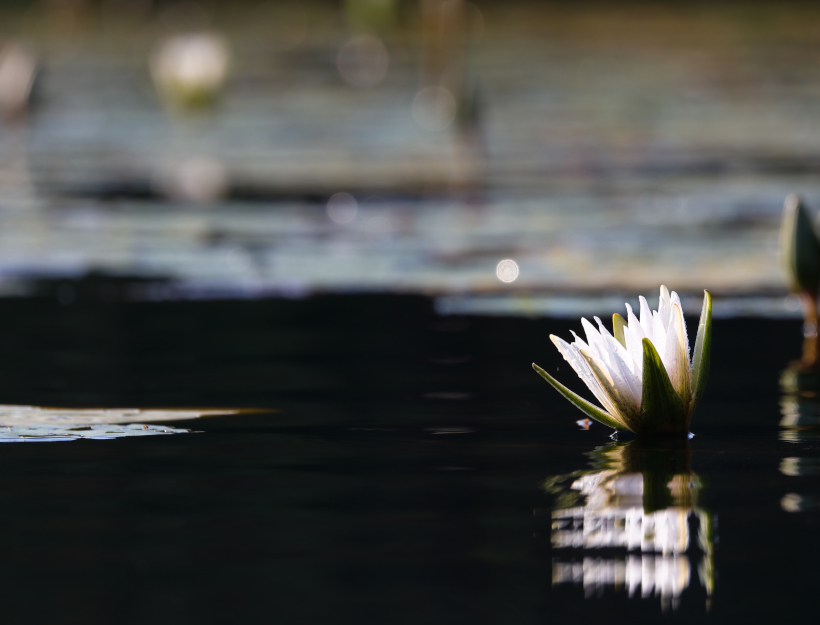
COVID-19 in the USA | A reflection. By Julie Clark
Below is a piece of reflective prose on the United States of America’s response to the COVID-19 crisis. As we move into summer we begin to see a light at the end of the tunnel, a possibility for a normal – or at least a new normal – life. But there is still much to do. Since the virus swept the world in 2020, the number of cases in the USA has risen to over thirty-two million with over five hundred and fifty thousand people dying of the virus.
For many of us, it looks like we are on the tail end of this pandemic, that things will soon be calming down. But not for all. In places like India the virus has hit harder than most. As things begin to calm, we cannot forget those still dying.
In this piece below, Julie reflects on what the year has brought. She offers hope, but not without serious contemplation of what we need to do better. She does not forget the other tragedies hidden behind the COVID-19 news.
Take a moment. Let this piece sit with you as you think back over the year, and as you prepare to move into tomorrow.
Pandemic Year #2
Here we are entering year two of the Pandemic. The plus side is that we have learned a thing or two about this virus. The downside is we humans have not responded well or fast enough to what we have learned. Consequently the virus continues to spread, wreaking havoc and death throughout the world.
Here in the US COVID-19 has been used as a political pawn for some. I will not pretend to know all the ins and outs or the whys and what fors. But it does seem that this has resulted in more deaths and spread of the virus. There is a vaccine hesitancy that has hindered many from getting their shots. For some people personal freedom and rights are more important than the common good for all.
Wealthy nations have been able to stop some of the virus spread through vaccines. Yet these same nations have been slow in sharing with other nations who have not had the same advantages. Hence a global race between vaccinations and surges.
Last week we received the news that a good friend of our son in India had died after being sick with COVID-19. He was on his way to another city where oxygen was available. The eight-hour trip was too much for him and his heart gave out. He was forty-five years old, leaving behind his wife and twelve-year-old daughter.
All this is a reflection of our human race. We see this playing out dramatically in different arenas, not only the pandemic. Perhaps the pandemic has magnified other areas of struggle. Say for instance earthcare, global poverty, racial inequities, violent extremism, and genocide in China.
In the US racial inequalities and police brutality have sprung to the forefront with people of color violently dying by the police before our eyes. Gun violence and mass shootings are on the rise again. The communities of color, including indigenous peoples are suffering greater death rates from COVID-19 than the rest of us. The inequalities of the rich and poor are showing up in a stark way.
In order to survive this COVID-19 pandemic and the other deadly pestilence that plague us we need to pull together as human beings. We need to see each other as equally important to ourselves. We need to learn how to share better, perhaps learn better how to be our “sister’s and brother’s keeper”.
This pandemic has highlighted many areas that we need to work on. What will we do about this? Will we make the changes needed for more equality and care for one another? Will we stop the spread of COVID-19? Will we slow down global warming enough for our human life and the life of all creatures to survive? We have hard choices ahead of us. We can change and make this world better for everyone. *




